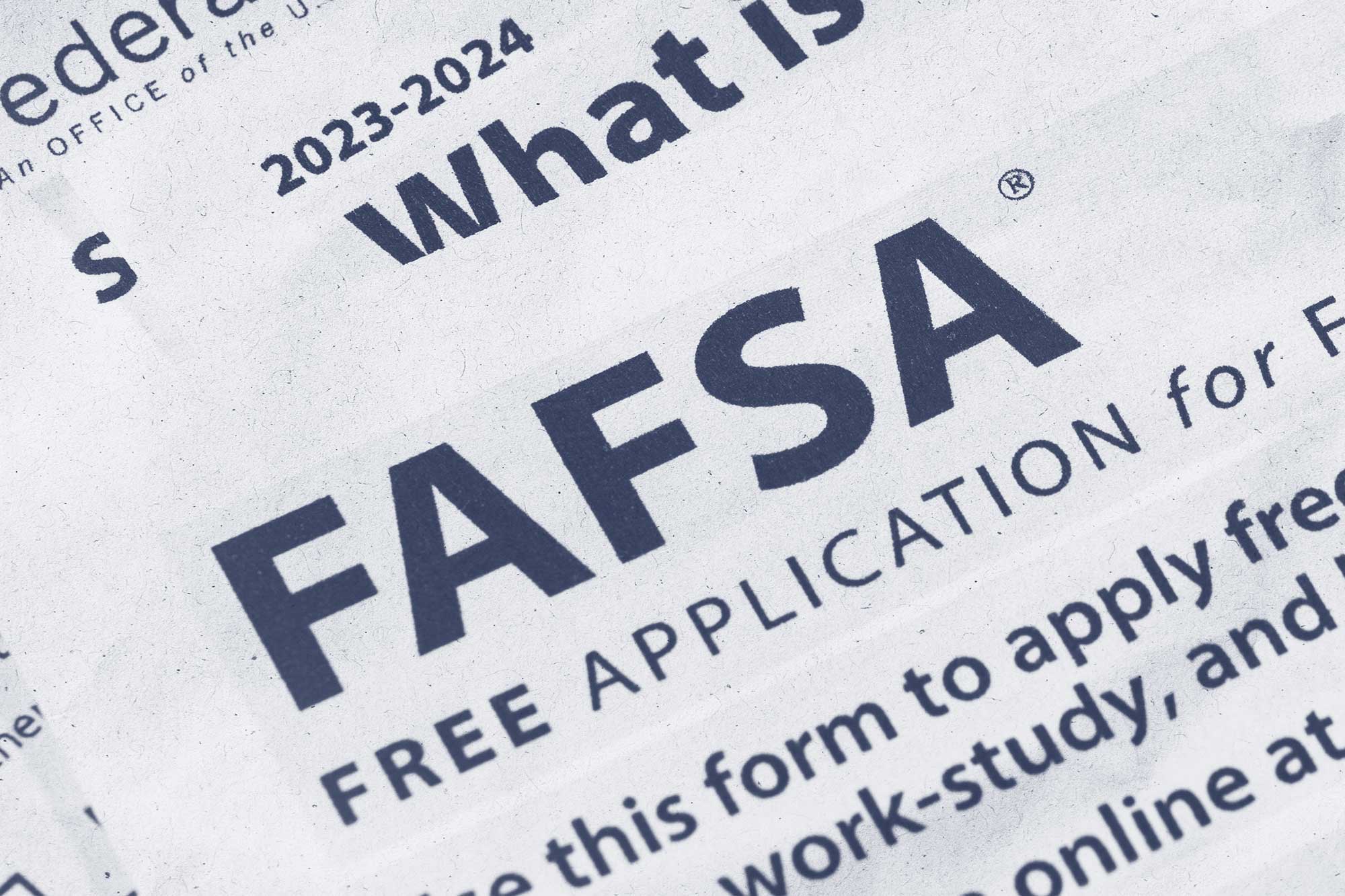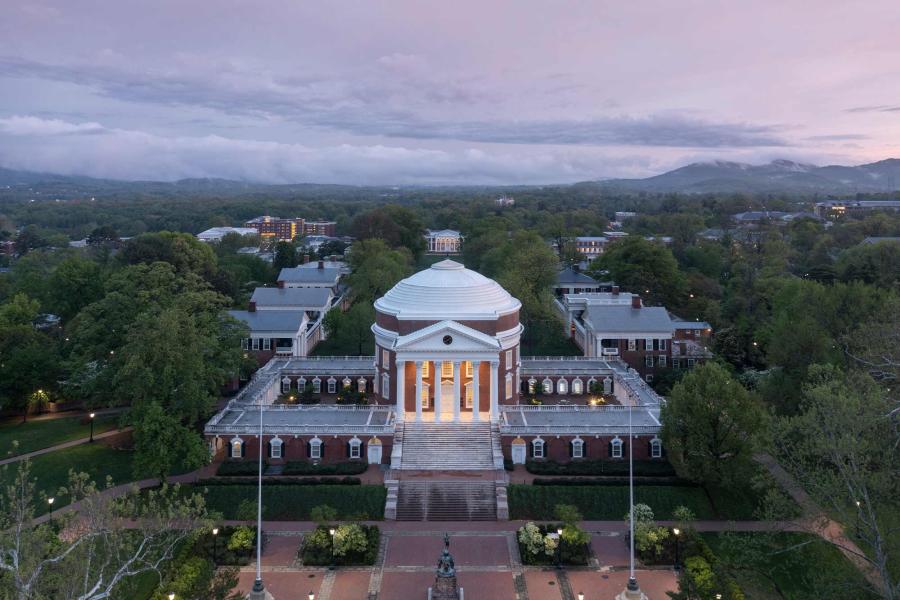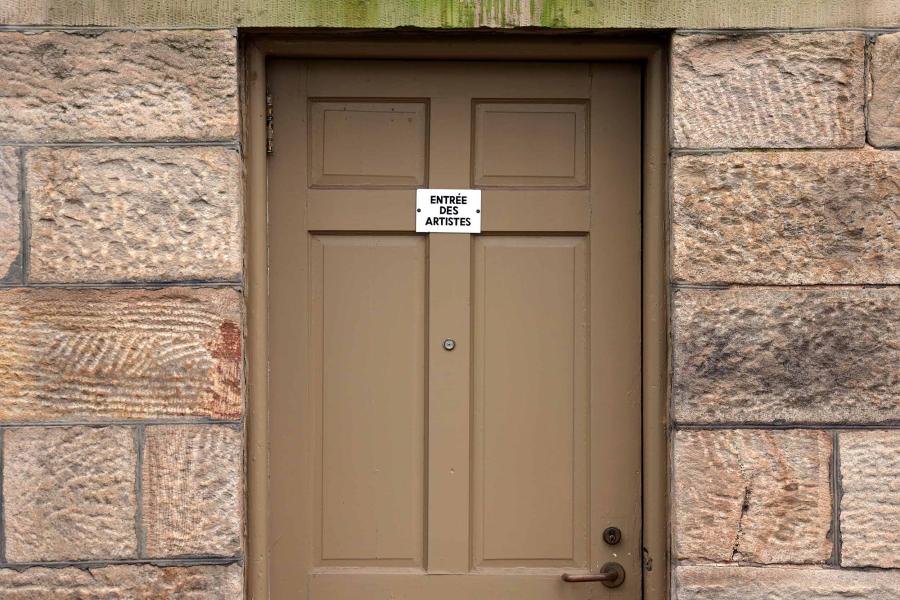UVA extended the enrollment deadline for newly admitted first-year and transfer students from May 1 to May 15. These extra two weeks give students more time to receive and review their financial aid offers as they make their college decisions.
Student Financial Services has shared around 4,500 preliminary financial aid awards with admitted first-year students, and 3,500 incoming first-year students have paid their enrollment deposits and claimed their spots in UVA’s Class of 2028. UVA anticipates welcoming 3,975 students to Grounds as members of this year’s incoming class.
“For students who have submitted their aid applications, please know that we’re working quickly and carefully to have your aid offer to you as soon as possible,” Miller said. “If you’re a student who’s running into barriers and can’t complete the FAFSA, we hope you’ll reach out so we can help.”
Student Financial Services has nearly completed its review of admitted first-year students who have applied for financial aid, and most students have received their preliminary financial aid offers. Also, many newly admitted transfer students have already received their aid offers. At this point, as new aid applications come in, Student Financial Services is usually able to review and share offers within a few days.
UVA is also working to support students through the Virginia College Advising Corps. This public service program of the University has “near-peer” advisers – usually, recent college graduates – serving high schools across the commonwealth. So far this year, students in schools served by the advising corps have submitted 4,928 FAFSAs.
This year, the Virginia College Advising Corps is offering virtual appointments to any high school senior in Virginia through June 28 who needs help with either the FAFSA or the Virginia Alternative State Aid Application. Students can sign up for an appointment at virginia.edu/FAFSA-now.
UVA is dedicated to ensuring that all students admitted to the University can receive a quality education regardless of their financial status. Virginians from households with annual incomes less than $100,000 and typical assets receive scholarships that at least equal tuition and fees. Virginians from households with annual incomes less than $50,000 and typical assets receive scholarships that at least equal tuition, fees, housing and food.
Have a burning question for our crack team of UVA historians, experts, students and staff to answer? Send your queries to HoosAsking@virginia.edu.





